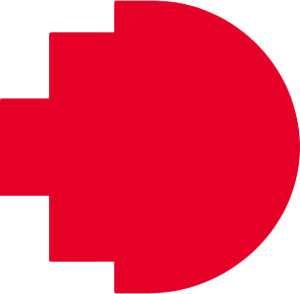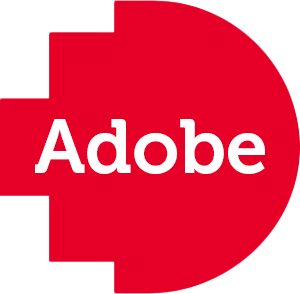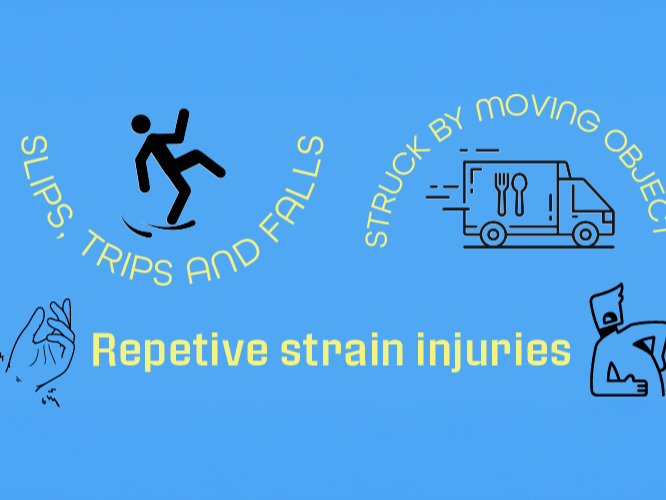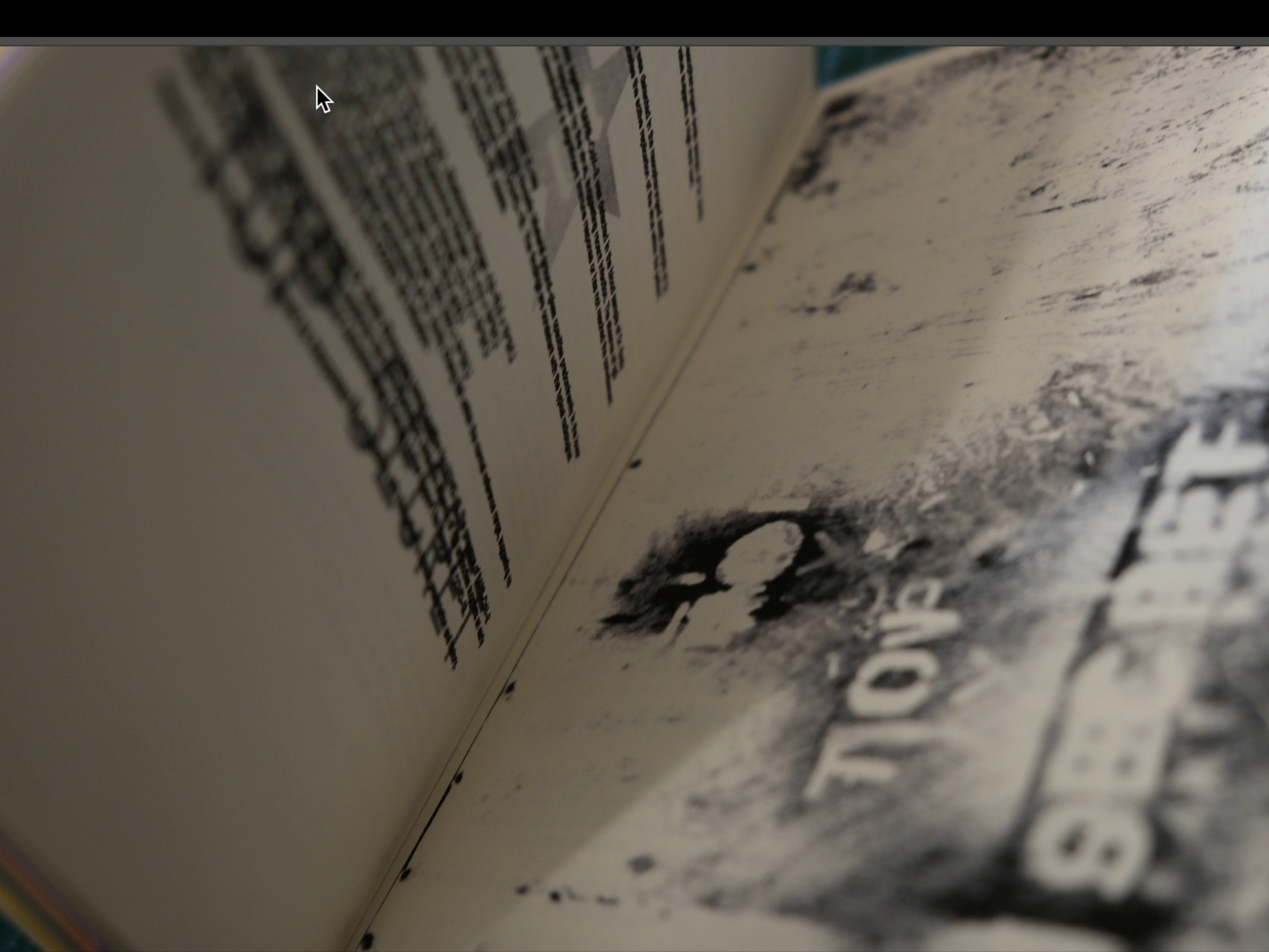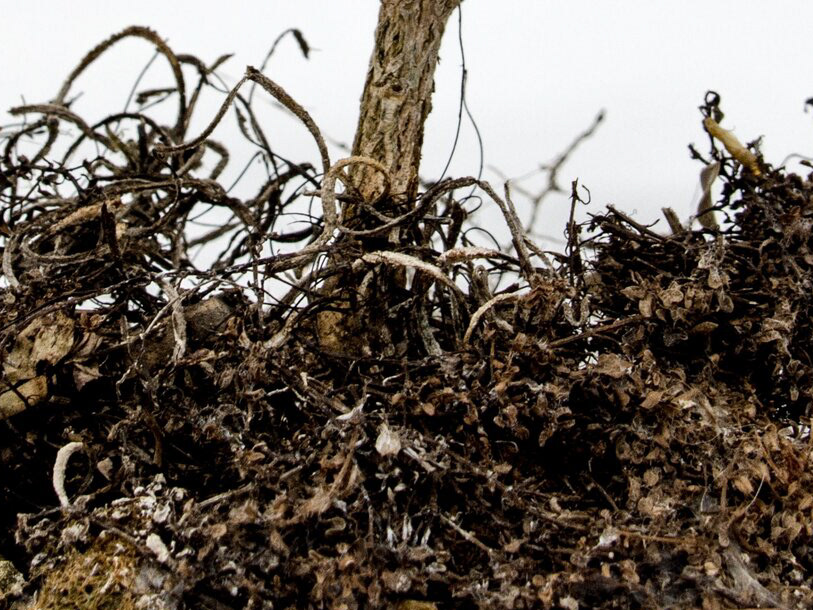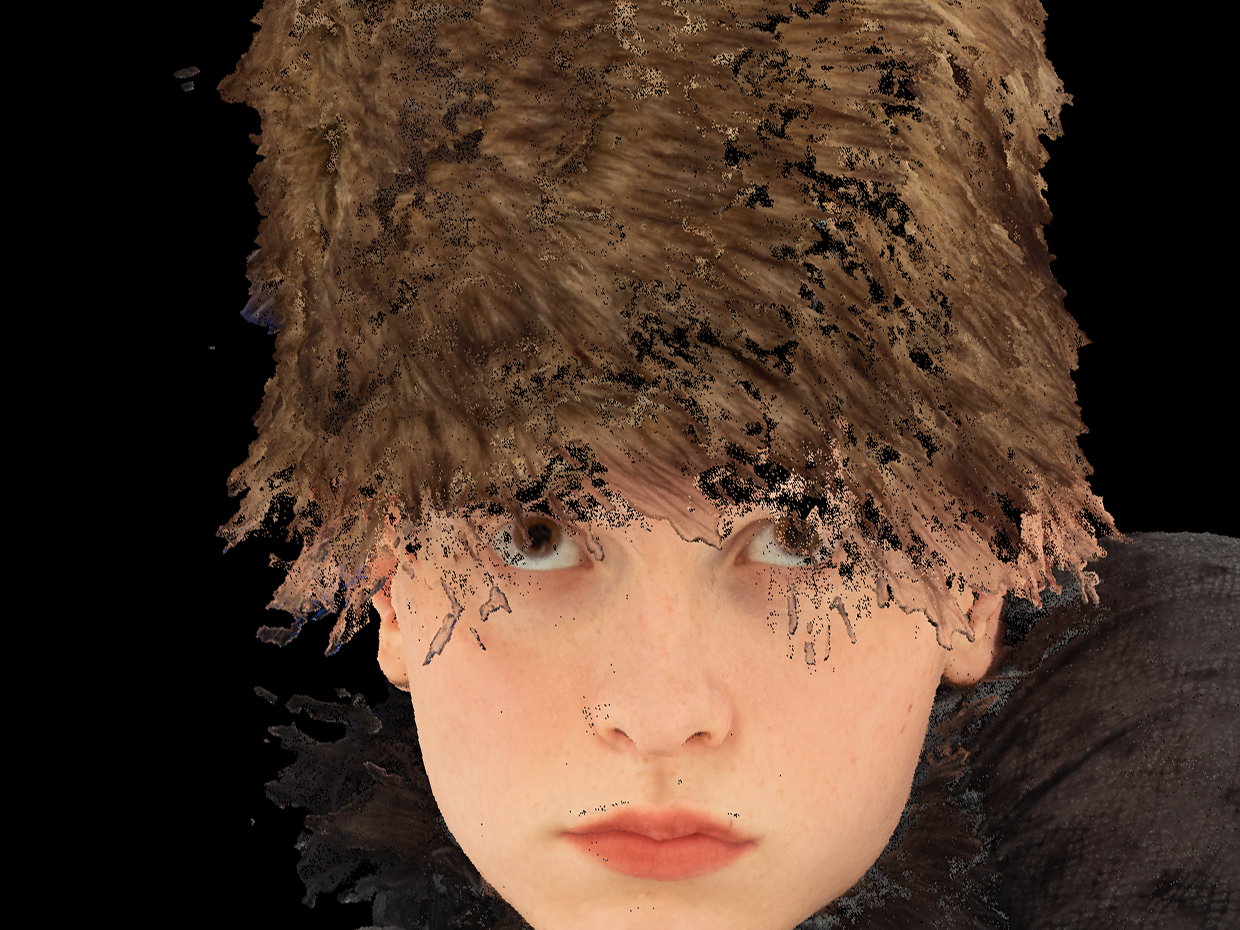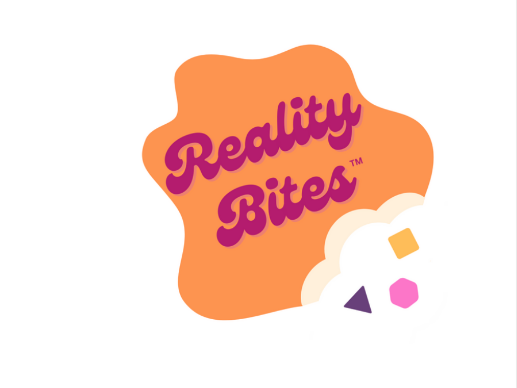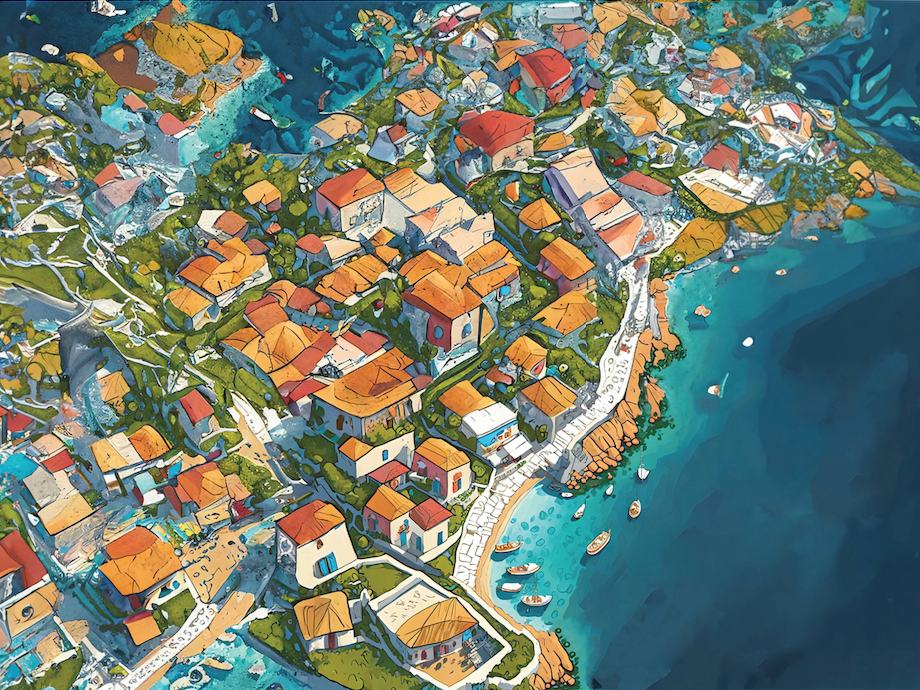Artwork 'Luwaytini' by Mark Cleaver, Palawa
Indigenous Learning
Engaging with Indigenous story-telling via active learning
Supporting staff and students to better understand diverse Aboriginal and/or Torres Strait Islander cultures.
Nic Radoll
Manager, Indigenous Learning and Teaching
Manager, Indigenous Learning and Teaching
Lina Du-Lazzara
Associate Director, Learning Experience - Learning & Teaching, Innovation & Quality
Associate Director, Learning Experience - Learning & Teaching, Innovation & Quality
Rajesh Iyer
Manager, Learning & Teaching Innovation - Learning Experience
Manager, Learning & Teaching Innovation - Learning Experience
Promote Aboriginal and/or Torres Strait Islander Cultural Safety is a unit of competency found in a lot of programs within the Vocational Education sphere at RMIT. This project took the opportunity to up-skill teachers, in the areas of diverse Aboriginal and/or Torres Strait Islander cultures, history, key aspects of cultural safety, communication techniques that show respect, development of partnerships and awareness of cultures in work practices.
Resources
Problem Statement
CHCDIV002 – Promote Aboriginal and/or Torres Strait Islander Cultural Safety is a unit of competency found in a lot of programs. There is opportunity to upskill teachers (and therefore improve student learning experience), in the areas of diverse Aboriginal and/or Torres Strait Islander cultures, history, key aspects of cultural safety, communication techniques that show respect, development of partnerships and awareness of cultures in work practices.
Originally, the project focus was creating an AR Experience alongside a storytelling pedagogical approach. During the research phase, we discovered the 64 Ways of Being app developed by RMIT academic Troy Innocent which aligned with our original focus. A pivot was required, and the focus transitioned to a "story telling" approach.
Project Overview
This project is part of a larger effort to revise and enhance CHCDIV002 Promote Aboriginal and/or Torres Strait Islander Cultural Safety within the BaseComp framework. BaseComps consist of standardized learning resources and assessments created by the CoVE Learning Experience team and distributed to educators to maintain content consistency and current with educational tools technology. In this specific Adobe project, the primary assessment was transformed into a reflective journal, employing Adobe Express, Rush and Premiere Pro as the central methodology. Grounded in Indigenous pedagogy, this reflective component aids students in gaining a deeper understanding of Aboriginal and Torres Strait Islander culture by encouraging students to compare with their own cultural background, while also identifying their personal biases.
Emergent Outcomes
As this project is due to be rolled out to students in 2024, there are no existing results from students or teachers.
The plan is to make this unit available to teachers by end of November 2023, this will include the capability uplift of 20 teachers across 8 programs/courses.
CHCDIV002 unit will be integrated into programs ranging from Certificate IV to Diploma in 2024, with the potential impact at least 2000 students and 20 teachers
The plan is to make this unit available to teachers by end of November 2023, this will include the capability uplift of 20 teachers across 8 programs/courses.
CHCDIV002 unit will be integrated into programs ranging from Certificate IV to Diploma in 2024, with the potential impact at least 2000 students and 20 teachers
Digital Capability Building
This project has integrated elements of Digital and information literacy. Embedded digital literacy throughout CHCDIV002, introduces and encourages the use of digital tools including (but not limited to):
- Canvas
- 64 Ways of Being App
- Adobe Express
- Adobe Rush
- Adobe Premiere Pro
For Information Literacy, the reflective journal process fosters intellectual independence and critical thinking, motivating students to proactively research and critically analyse information with regards to Aboriginal and Torres Strait Islander people, culture, and knowledge.
- 64 Ways of Being App
- Adobe Express
- Adobe Rush
- Adobe Premiere Pro
For Information Literacy, the reflective journal process fosters intellectual independence and critical thinking, motivating students to proactively research and critically analyse information with regards to Aboriginal and Torres Strait Islander people, culture, and knowledge.
Using Canvas, websites, and digital media and applications, students are given the opportunity to build their information literacy skills and use Adobe products to demonstrate outcomes the a reflective journal.
Students have the opportunity to complete the RMIT Information Literacy Microcred as an additional piece of content within the unit to help support their information literacy skills. This increases their ability to identify and articulate information needs for academic purposes, develop and use appropriate search strategies, critically evaluate information, and how to store information in a digital environment
Key Learnings
As part of this project, it’s recognised the importance of understanding both the student requirements and learning and assessment content required for CHCDIV002 with a focus on only using technology for purpose and relevance. Collaboration, creativity and problem solving with key stakeholders and within our LX team proved valuable, as it was only through these collaborations that we came across 64 Ways of Being, which then allowed us to pivot our focus onto both digital and information literacy for both teachers and students.
A key learning within the LX team, is that additional projects alongside our BAU, required extended timelines and patience, as there were multiple stakeholders involved across the university, which meant we were relying on the time and space our stakeholders were able to share with us. And as a result, often felt like we were racing against time to meet key milestones of the project.
